Schedule a Call Back
Logistics Drives the Manufacturing Dream: Lancy Barboza
 Articles
Articles- Feb 21,25
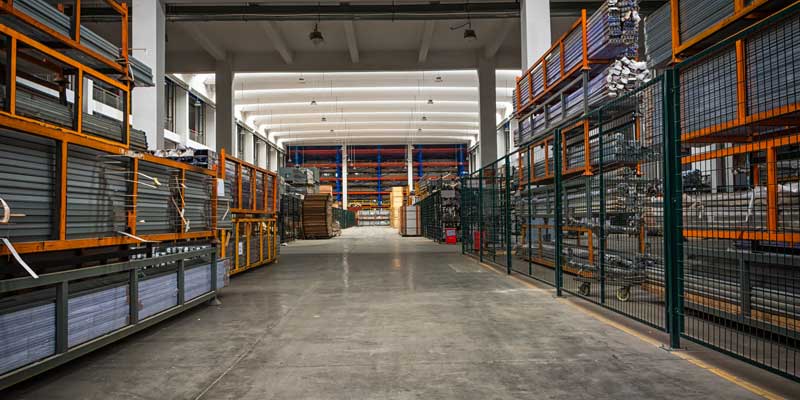
- R&D and innovation: Logistics companies need to think ahead. How can routes be optimised? What new technologies can be adopted? Investing in research and finding innovative ways to move goods faster and safer will give businesses a competitive edge.
- Quality and safety standards: In the logistics world, safety isn’t just about transporting goods carefully; it’s about trust. Customers expect quality service, whether it’s on-time deliveries, proper packaging, or safe handling of delicate items.
- Export readiness: With more Indian products going global, logistics companies need to be export-ready. This means understanding international trade rules, customs procedures, and handling global supply chain complexities.
- Government incentives: The government plays a big role in encouraging businesses to grow. Policies like the Production Linked Incentive (PLI) scheme and the National Logistics Policy are great examples. Companies need to understand and make the most of these incentives to expand their operations.
- Infrastructure support: From better highways to modern ports and dedicated freight corridors, the government’s investments in infrastructure can make logistics faster and more efficient. But companies must align their strategies with these developments to fully benefit.
- Cleaner transportation: Switching to electric vehicles (EVs), hybrid trucks, or even exploring hydrogen fuel can make a huge difference in cutting emissions.
- Eco-friendly warehouses: Using solar panels for energy, installing LED lights, and creating efficient storage systems can lower costs and reduce the environmental impact.
- Smart supply chains: Optimising delivery routes and using data to reduce empty runs can save fuel and time.
- Circular economy: Logistics can play a huge role in recycling and reusing materials. For example, companies can set up systems to bring back used packaging or repair goods instead of discarding them.
- Automation and robotics: Automated sorting systems in warehouses, robotic arms for loading, and drones for delivery are speeding up processes while reducing human errors.
- IoT (Internet of Things): Devices like GPS trackers help logistics companies monitor shipments in real time. If a shipment gets delayed, companies can act immediately.
- AI and machine learning: These tools can analyse data to predict future trends, optimise inventory, and find the best delivery routes.
- 3D printing: Imagine needing a spare part urgently. Instead of waiting for it to ship, it can be printed at a nearby hub. This is the power of 3D printing in logistics.
- Blockchain: Blockchain ensures secure and tamper-proof documentation of shipments, making international trade smoother and more reliable.
- Skill development: Training programs under Skill India can prepare workers for modern logistics roles. For example, a warehouse worker needs to learn how to use automated systems, and truck drivers need to understand fuel-efficient driving techniques.
- Upskilling: As technologies like AI and IoT become common, existing workers need training to adapt to these changes.
- Diversity and inclusion: Encouraging women to join the logistics workforce can bring fresh perspectives and bridge talent gaps. Creating safe and inclusive workplaces is crucial for this.
- Worker well-being: From safety protocols to mental health support, taking care of workers boosts productivity and loyalty.
Related Stories

US Tariff Cut Lifts Apparel Outlook; Diamonds Stay Negative: ICRA
ICRA says US tariff cuts to 18 per cent offer relief to exporters, restores Stable outlook on apparel, but retains Negative outlook on cut and polished diamonds.
Read more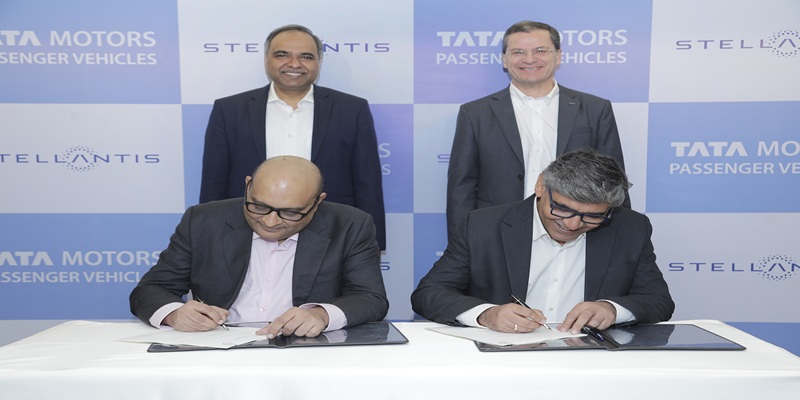
Stellantis, Tata Motors Mark 20 Years of FIAPL Partnership
Stellantis and Tata Motors Passenger Vehicles celebrate 20 years of FIAPL and sign an MoU to expand collaboration in manufacturing, engineering and supply chain.
Read more
KWV Secures Rs 0.42 Billion Under Maharashtra EV Policy
Kinetic Watts & Volts will receive ?42 crore in phased incentives under Maharashtra’s EV Policy to expand robotics-led manufacturing and battery assembly for the Kinetic DX EV.
Read moreRelated Products
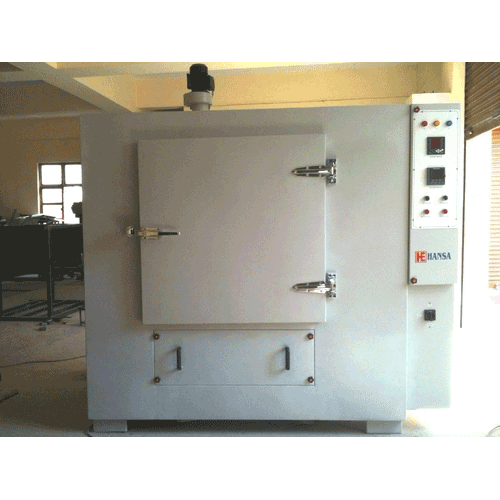
Heavy Industrial Ovens
Hansa Enterprises offers a wide range of heavy industrial ovens.
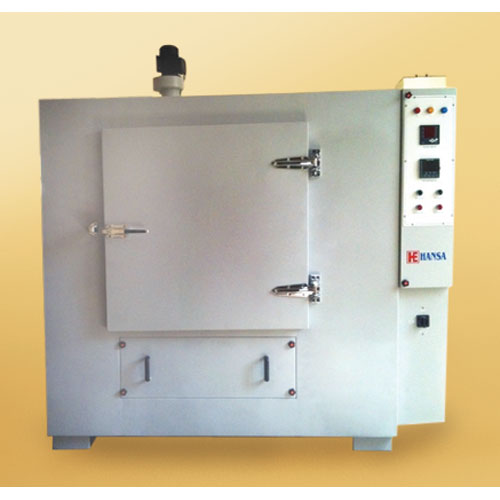
High Quality Industrial Ovens
Hansa Enterprises offers a wide range of high quality industrial ovens. Read more
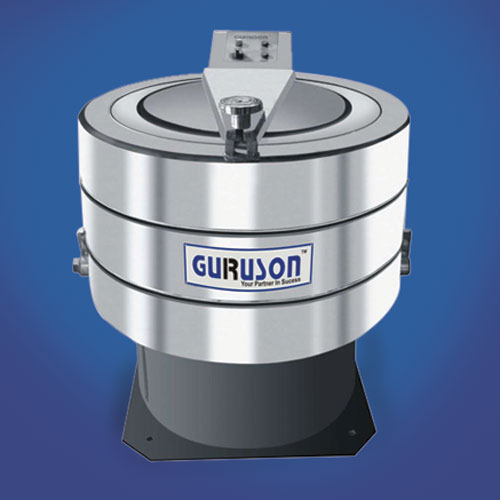
Hydro Extractor
Guruson International offers a wide range of cone hydro extractor. Read more











